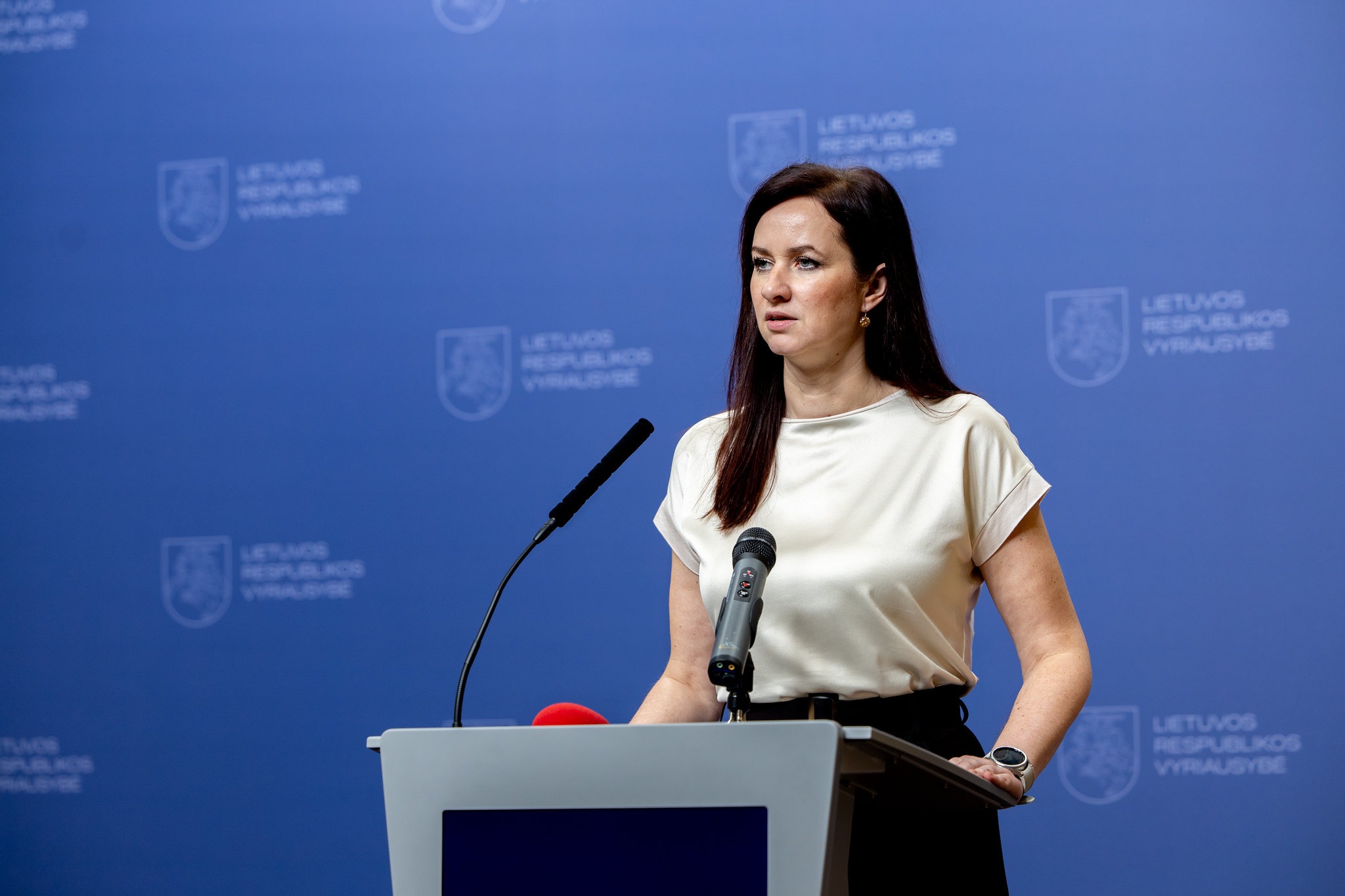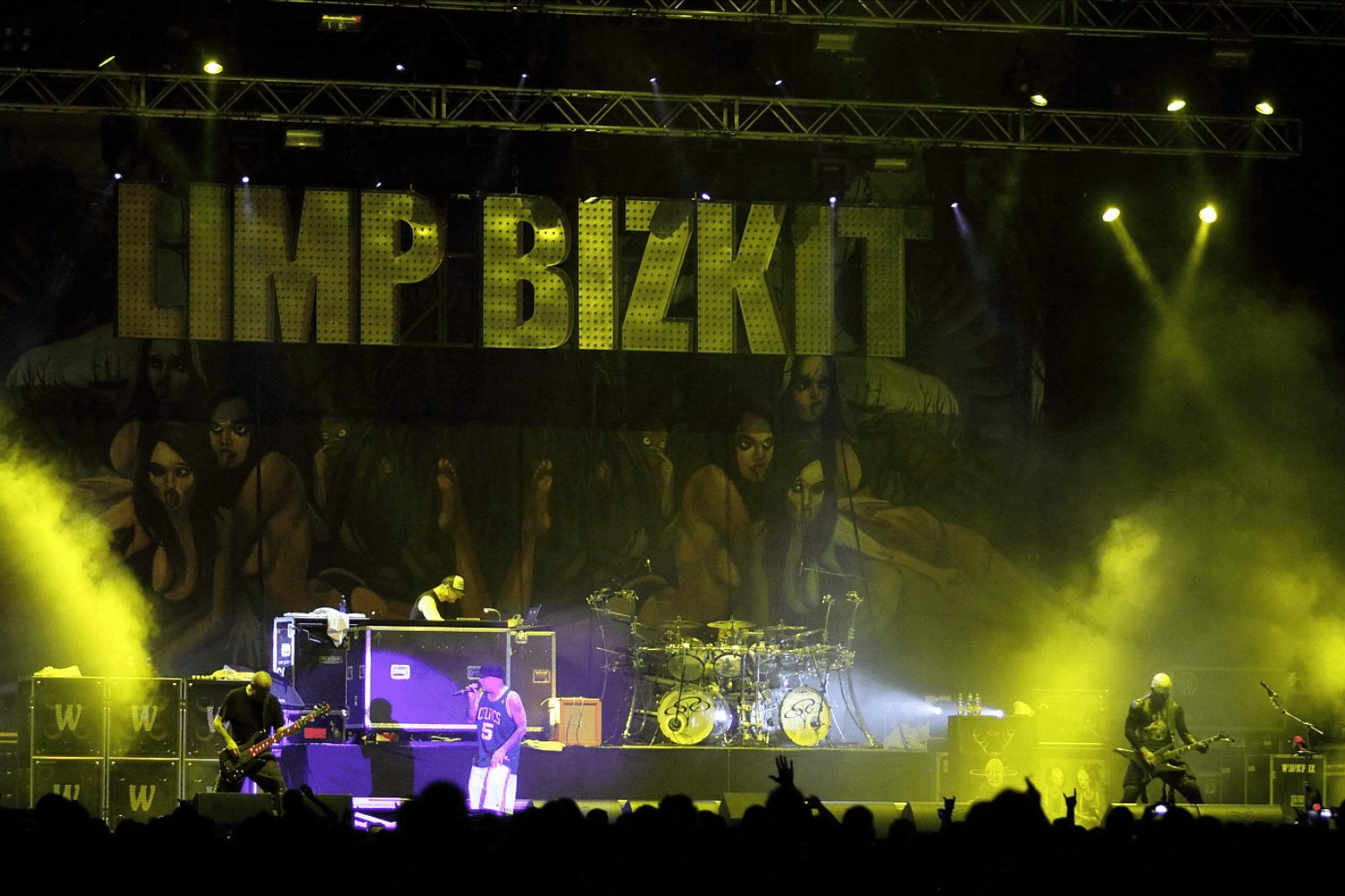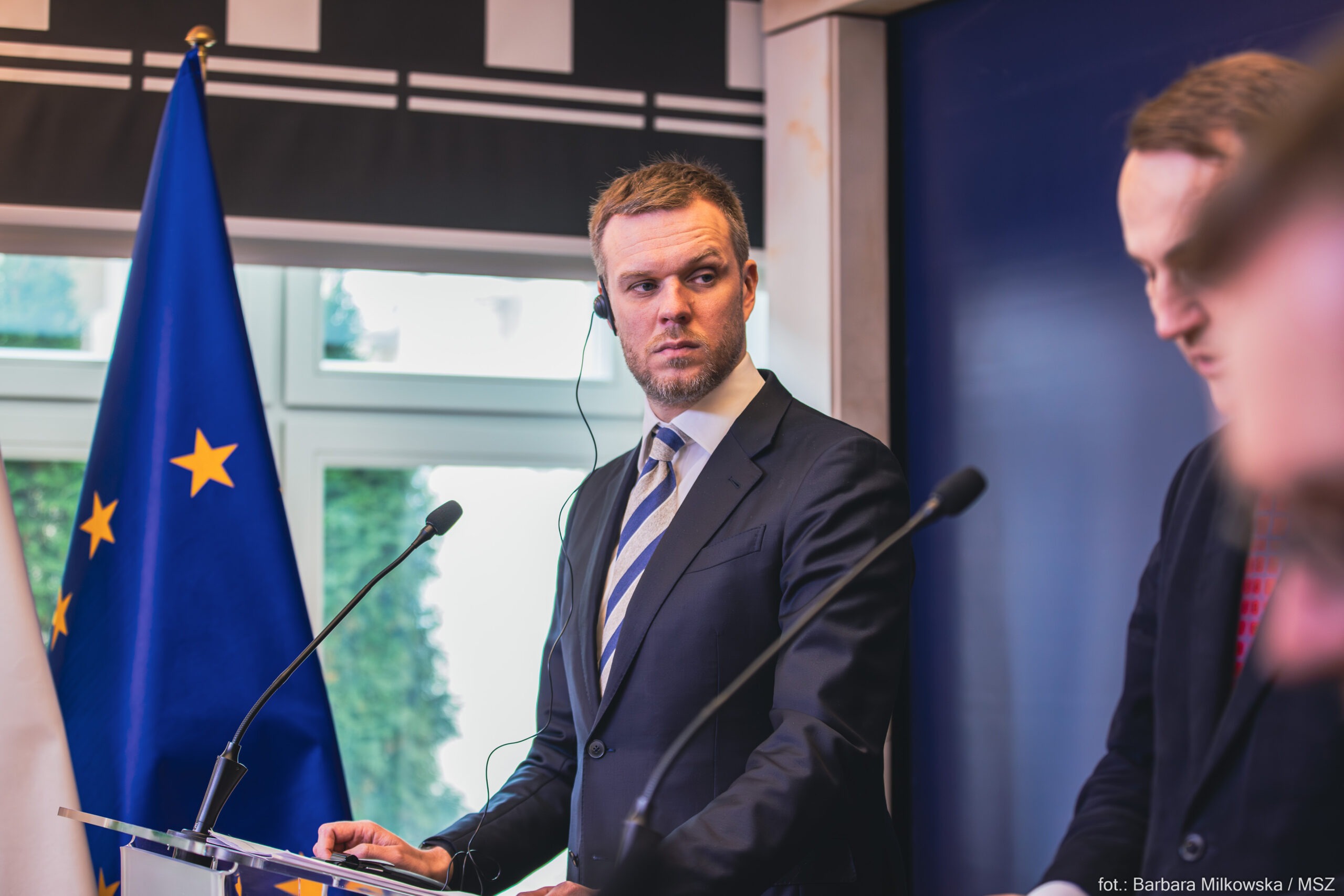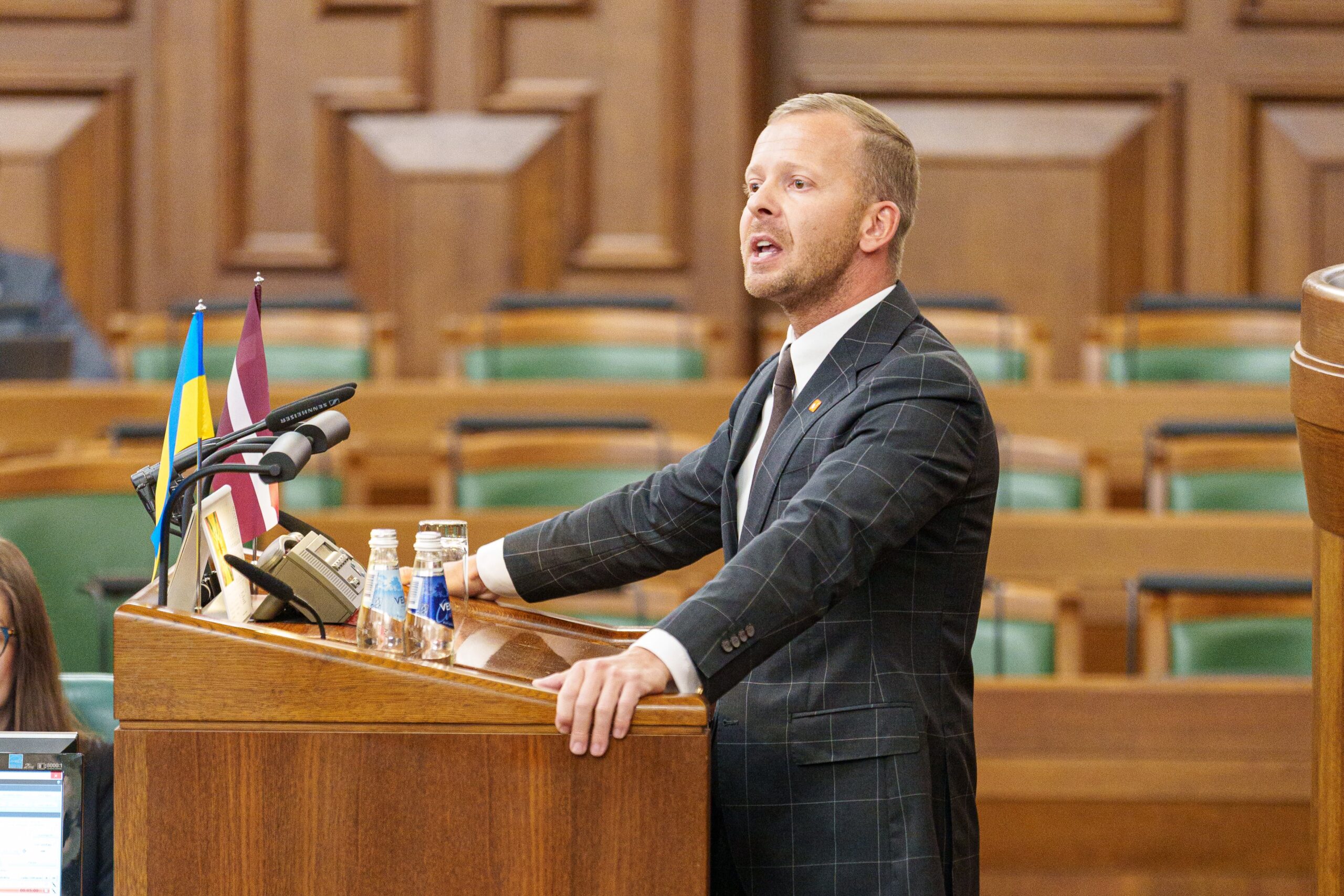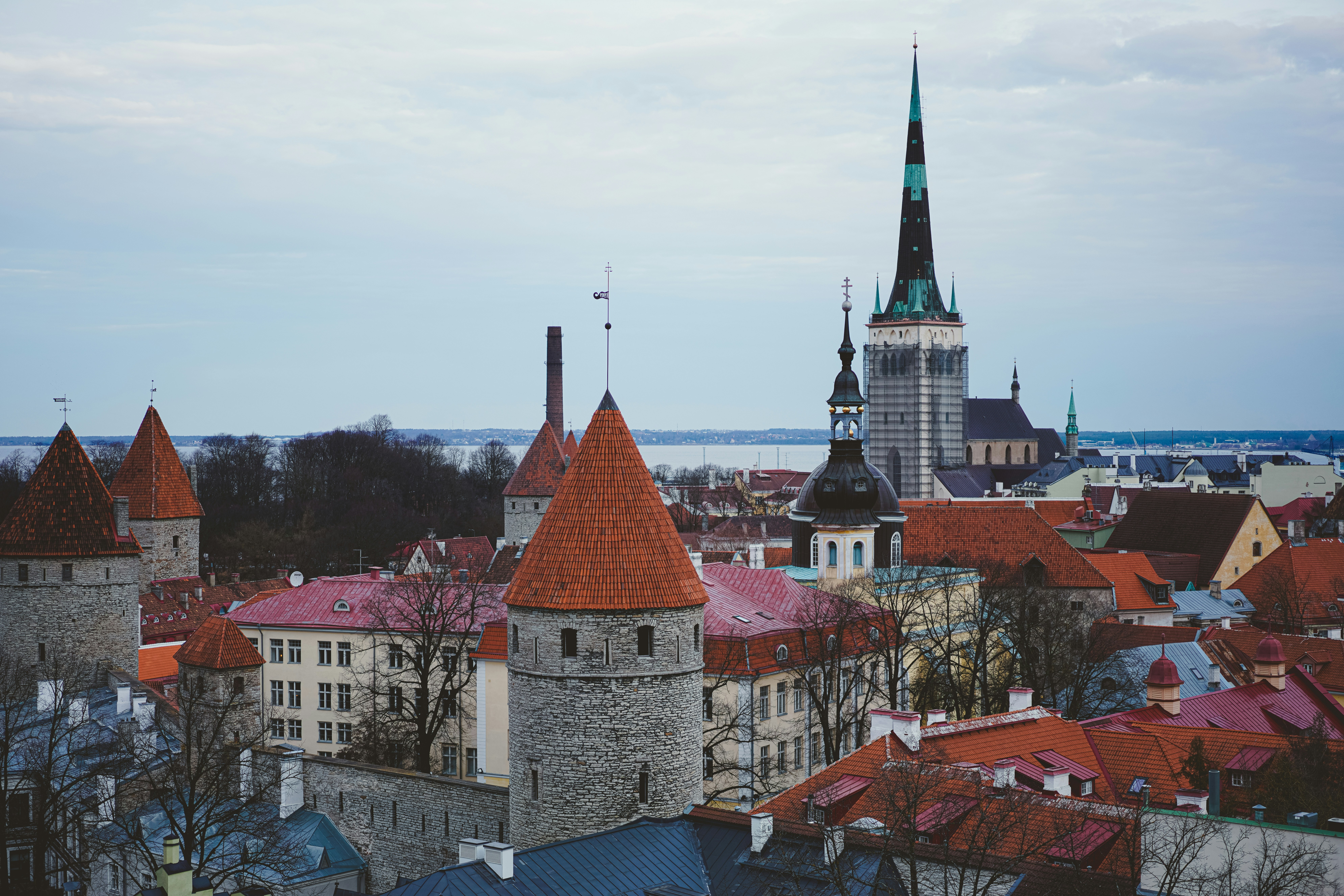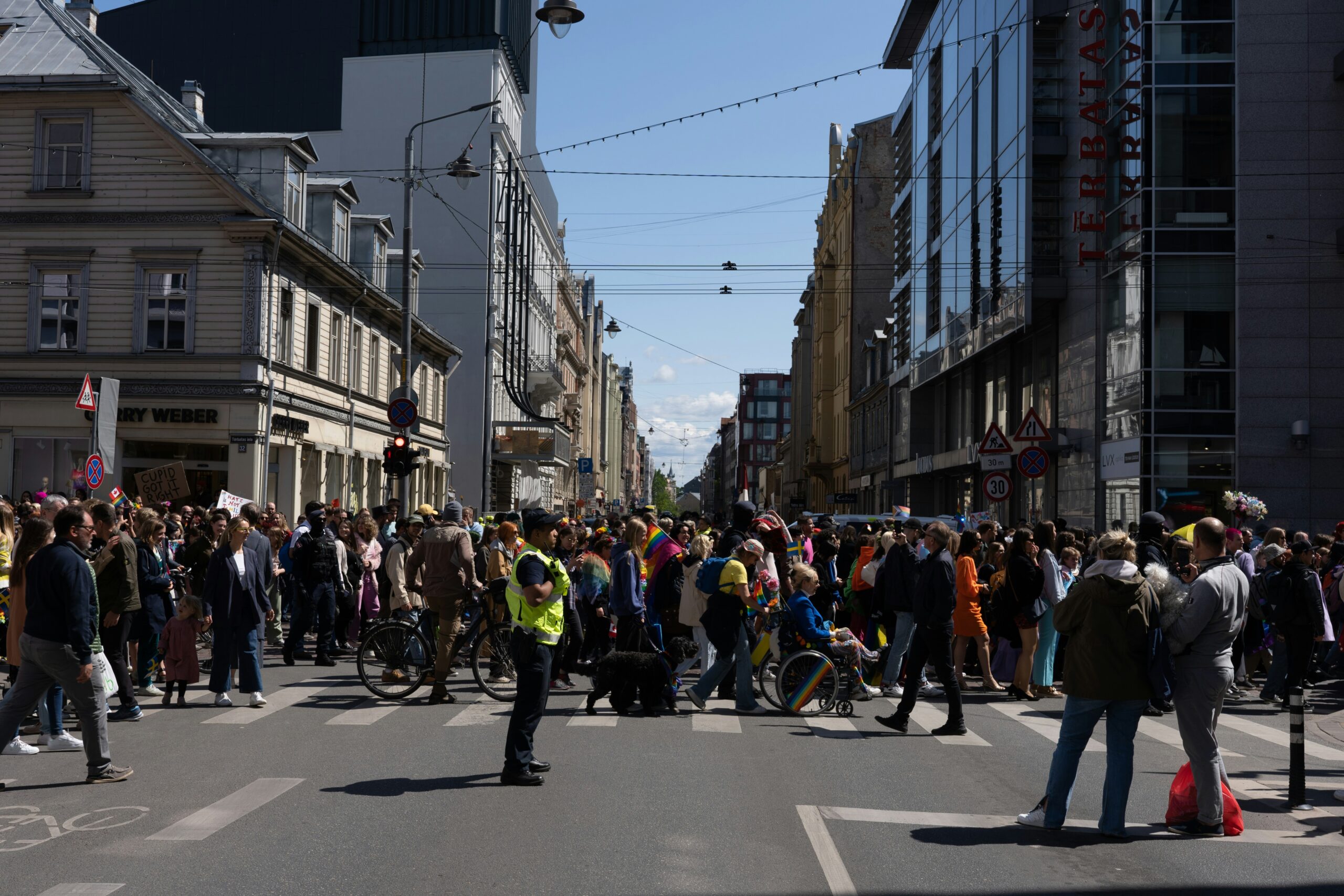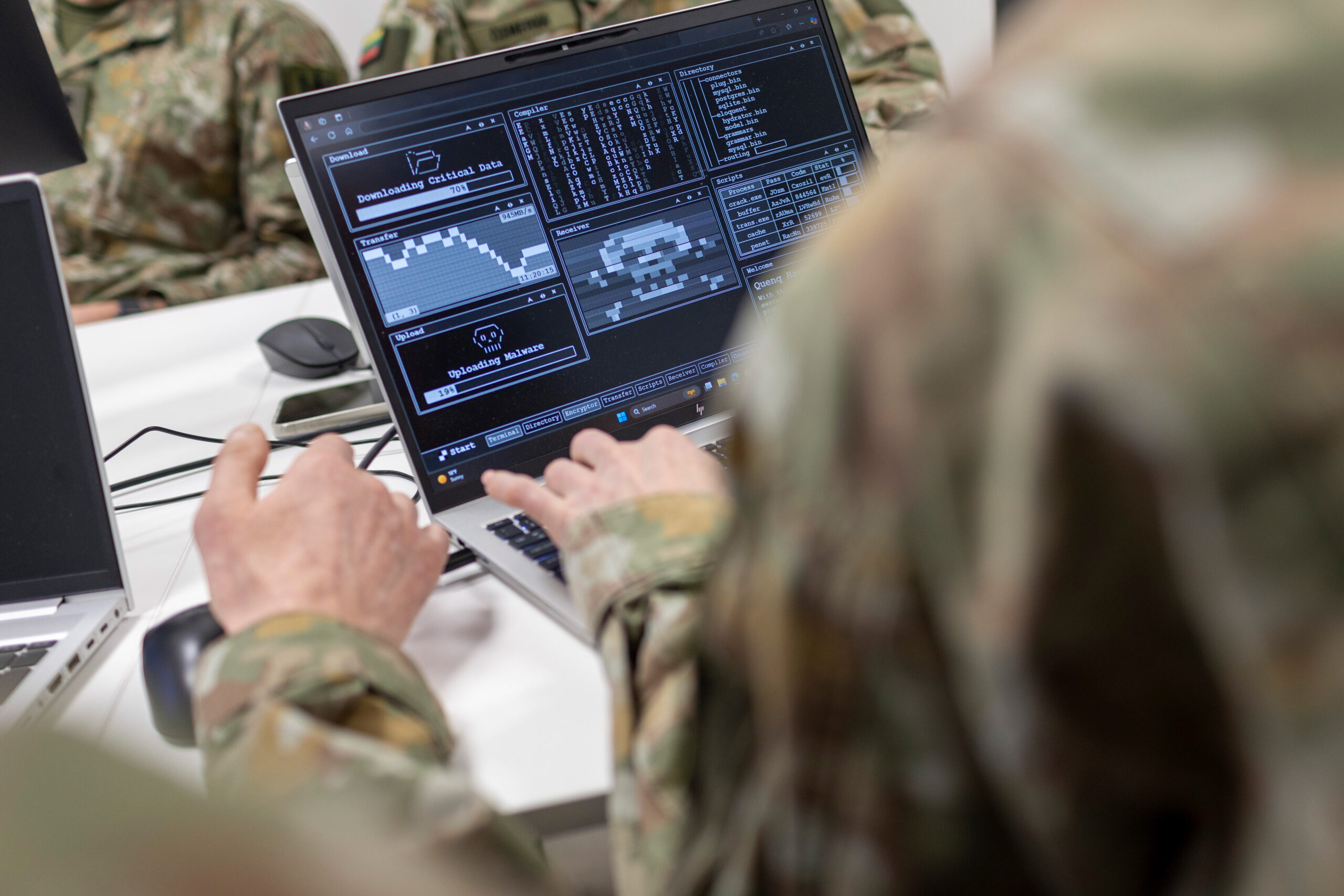
Main narratives:
- Violation of freedom of expression;
- The Russian world is attractive to the youth.
Overview:
The news that the Estonian Internal Security Service (Kaitsepolitsei, or KAPO) mentioned blogger Oleg Besedin – administrator of one of the most popular Russian-speaking Facebook groups in Estonia – in its annual review sparked a strong reaction on social media. According to the report, Besedin spreads Russian propaganda on his YouTube channel, including narratives related to the war in Ukraine. In response, Besedin published several posts, including in Facebook groups he moderates, claiming that as a journalist, he “gives a voice to those who are usually ignored, so that viewers can understand how ‘the other side’ thinks, what arguments they use, and how to avoid a dialogue disaster”. Around a thousand users responded to these posts, with hundreds of comments. A significant proportion of the replies expressed support for Besedin and accused the Estonian authorities of violating freedom of expression. The most radical users went so far as to compare the situation to censorship in the Third Reich – statements that provide further ammunition for Kremlin propaganda to discredit Estonia on the international stage.
Another issue highlighted in KAPO’s annual report was the participation of children from Narva in Estonia in activities at the Artek camp in Russian-occupied Crimea. KAPO stresses that Russia is using cultural and educational programmes, such as those at Artek, to promote pro-Russian sentiments among young people, particularly in Russian-speaking communities in Estonia. This strategy is part of a wider effort to create a network of ‘Russian compatriots’ abroad, with the aim of influencing the ideological landscape of these communities.
KAPO’s reports indicate that Artek has been transformed into a centre for militarising children and disseminating Russian propaganda. Children attending the camp are reportedly involved in assembling drones, weaving camouflage nets, and making trench candles, all in support of Russian military efforts in Ukraine. In addition, there have been cases of children interacting with Russian military personnel, including former members of the Wagner Group, known for their involvement in conflicts such as the Battle of Bakhmut.
The Estonian Foreign Ministry has expressed its strong disapproval of these trips, describing them as irresponsible attempts by Russia to indoctrinate youth and legitimise its occupation of Crimea. Pro-Kremlin commentators on social media accused the Estonian government of being paranoid over the children’s camp.


